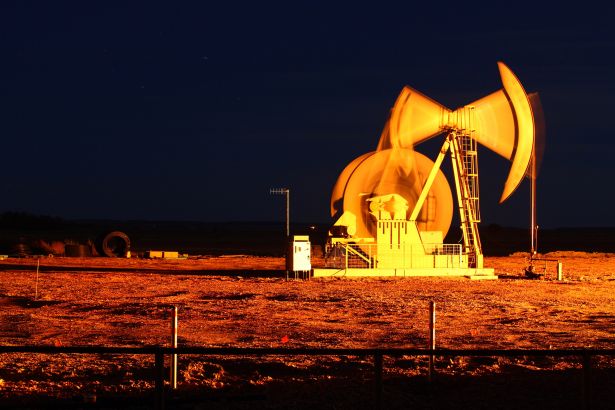US sanctions on Iran to impact Turkey's oil and natural gas imports

Turkish energy expert Necdet Pamir said that the US sanctions on Iran would negatively impact Turkey’s economy with regards to the high amount of crude oil and natural gas trade between the two countries.
As U.S. President Donald Trump administration is to re-impose the sanctions on Iran on November 4, Turkey will witness a negative impact particularly in the field of energy considering that 44,6 percent of Ankara’s crude oil import is from Tehran.
Talking to Sözcü daily, Pamir said that Turkey’s energy dependency on Iran is very high, which would directly influence the people’s daily life since the imported oil is highly used in transportation. He added that the natural gas trade is also very risky because any cuts would paralyze the Turkish economy.
In response to a question about the energy trade volume between Turkey and Iran, he said that 44,6 percent of Ankara’s crude oil purchases came from Iran in 2017, showing that Turkey’s dependency on Iran is around 27 percent in crude oil and petroleum products in total.
Indicating to the energy agreements between Ankara and Tehran, Pamir argued that Turkey cannot give up importing natural gas just because the US administration wants so, considering that the agreement projects a 30-year guarantee through which Turkey has to pay Iran even if it does not use the gas.
"28,2 percent of our total energy consumption is generated from natural gas. We use natural gas in the 40 to 50 percent of our power generation," he said while indicating to the importance of natural gas for energy and power production in Turkey.
He said that 52 percent of Turkey’s natural gas importation is from Russia while a 17 percent comes from Iran. "The share of natural gas is very important in the production of energy and electricity. Whether from Iran or any other countries, any cuts in residences, industry and particularly power generation would greatly distress, even paralyze the Turkish economy," he said.
Stating that it is necessary to reject the US sanctions and embargo, Pamir indicated to the controversial stance of the Turkish government. He said that Turkey’s biggest oil-refinery operator TÜPRAŞ has reduced the amount of crude oil purchases from Iran, implying that Ankara accepted the US embargo even before November.
"TÜPRAŞ represents 70 percent of Turkey’s total crude oil and natural gas purchases. If the embargo were not negotiated with the US, both Turkey and TÜPRAŞ would have been under severe risk," the expert underlined.
"The tension of embargo on Iran inevitably increases the oil prices. In other words, the problem is not only whether to buy from Iran. Turkey will lose again even if it does not buy from Iran," he said, adding that as Turkey heavily depends on foreign sources in the crude oil and natural gas, its current account deficit will further increase.
Marshall Billingslea, US Assistant Secretary for Terrorist Financing, had met Turkish authorities in Ankara on July 20, and had said that the sanctions on Iran would be imposed very, very aggressively and comprehensively this time, adding that it was not on the table to provide Turkey with waivers about the US sanctions on Iran.




